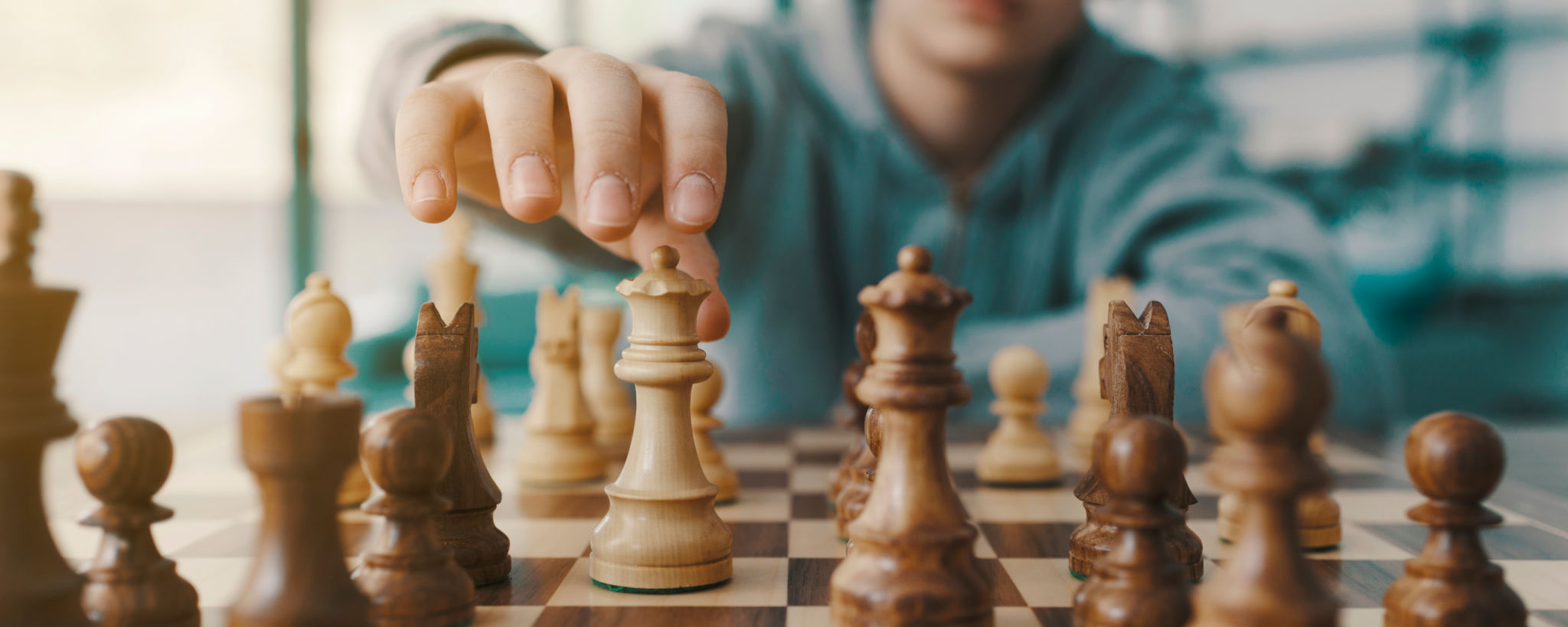How to Prepare Your Child for a Back to School Chess Program
Understanding the Benefits of Chess
As your child gears up for a back-to-school chess program, it's essential to understand the numerous benefits that chess offers. Chess is more than just a game; it enhances critical thinking, improves concentration, and fosters creativity. By participating in a chess program, your child will learn strategic planning and problem-solving skills that are beneficial both inside and outside the classroom.
Additionally, chess teaches patience and discipline, as players must carefully consider their moves and anticipate their opponent's strategy. These skills can translate into better academic performance and improved interpersonal relationships.

Gathering the Right Materials
To fully engage in a chess program, your child will need the appropriate materials. Start with a basic chess set, which you can find at most toy stores or online retailers. Ensure that the board and pieces are of a size that your child is comfortable with. A portable chess set is also a good idea for practice on the go.
Consider investing in a beginner's chess book or online course tailored to children. These resources often present the game in a fun and engaging way, making it easier for young minds to grasp complex concepts.
Creating a Practice Routine
Establishing a regular practice routine is crucial for developing your child's chess skills. Set aside specific times each week dedicated to playing chess. This could be a quiet evening or a relaxed weekend afternoon. Encourage your child to play both with family members and online opponents to experience different playing styles.
- Schedule practice sessions in advance
- Mix up opponents for varied experiences
- Include review sessions to analyze past games
Encouraging a Growth Mindset
Chess can be challenging, especially for beginners, so fostering a growth mindset is vital. Remind your child that making mistakes is a natural part of learning. Encourage them to view each game as an opportunity for growth rather than just a win or loss.
Celebrate small victories and progress in their understanding of the game. Highlighting improvements, no matter how incremental, will boost their confidence and motivation to continue learning.

Finding Additional Resources
In addition to a structured program, there are numerous resources available to aid your child's chess journey. Explore educational apps designed for kids that make learning chess enjoyable and interactive. These apps often include puzzles and tutorials that reinforce key concepts.
Local chess clubs or community centers may also offer workshops or tournaments that provide valuable experience. Engaging with a community of fellow chess enthusiasts can enhance your child's learning and make the experience more social and enjoyable.
Monitoring Progress
Regularly assess your child's progress to ensure they are gaining the most from their chess program. Discuss what they've learned after each session and ask about any challenges they encountered. This feedback will help tailor future practice sessions to address areas needing improvement.

Consider maintaining a journal where your child can record their games and thoughts. Reflecting on past games is an excellent way for them to identify patterns in their play and develop strategies for improvement.
Staying Positive and Supportive
Your support plays a crucial role in your child's success in their chess program. Maintain a positive outlook and express enthusiasm about their participation. Attending matches or tournaments when possible can show your child that you value their effort and dedication.
Finally, remind them that the primary goal of participating in the program is to have fun while learning new skills. With the right preparation and mindset, your child is well on their way to becoming a confident young chess player.